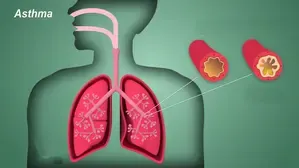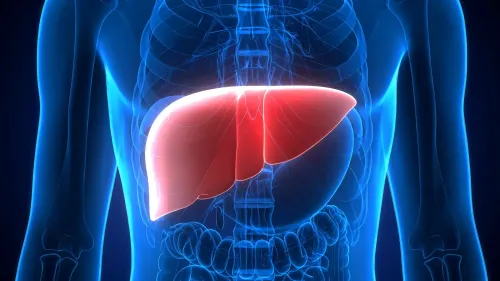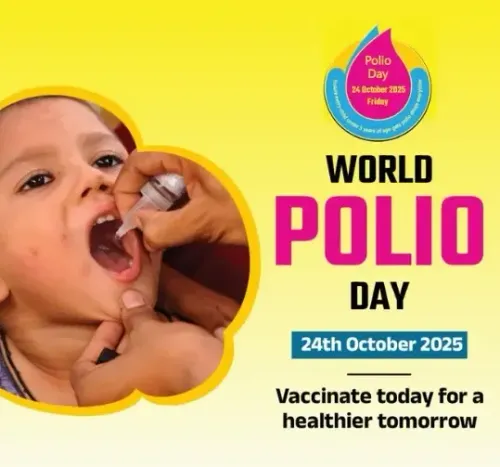Concerns Persist Over Diagnostics and Targeted Therapies for Severe Asthma: A Report

New Delhi, Dec 27 (NationPress) There is an urgent necessity for enhanced diagnostic tools and targeted therapies to fill the care gap for patients suffering from severe asthma, particularly for those with T-helper cell type 2 (T2)-low asthma, a subtype that lacks common inflammatory biomarkers, as stated in a report released on Friday.
T2-low asthma presents unique challenges due to the absence of eosinophils and immunoglobulin E (IgE), which complicates both diagnosis and treatment. Treatments that are currently available predominantly target eosinophilic and allergic inflammation, leaving those with non-eosinophilic or neutrophilic asthma without sufficient options.
The report by GlobalData, a data and analytics firm, highlighted that although T2-high asthma has made progress with targeted biologic treatments, T2-low asthma continues to be significantly underserved.
“The existing treatment landscape for severe asthma has advanced notably, especially for T2-high asthma. However, T2-low asthma remains largely under-researched and under-treated. There is a pressing need for both reliable biomarkers and therapies that specifically target this overlooked group of asthma patients,” stated Sravani Meka, Senior Pharmaceutical Analyst at GlobalData.
While Meka praised the advent of new therapies, she emphasized the necessity for increased research and development efforts to assist individuals with T2-high asthma. She also pointed out the importance of creating new diagnostic tools to differentiate T2-low asthma from other asthma forms. Frequently, individuals with T2-high asthma go undiagnosed or are misdiagnosed, leading to delays and inadequate treatment.
The report indicated that despite the existence of biologics, numerous patients face challenges with inhaler technique, high medication expenses, and inconsistent usage that hamper asthma control and hinder optimal treatment outcomes.
The report called for a focus on enhancing patient education regarding inhaler usage and improving access to treatments to boost asthma management.
“To effectively meet the needs of T2-low asthma patients, there must be a collective effort to enhance diagnostics, develop targeted therapies, and ensure better access to care. Only then can we attain significant advancements in asthma management for all patients, irrespective of their asthma subtype,” Meka remarked.









